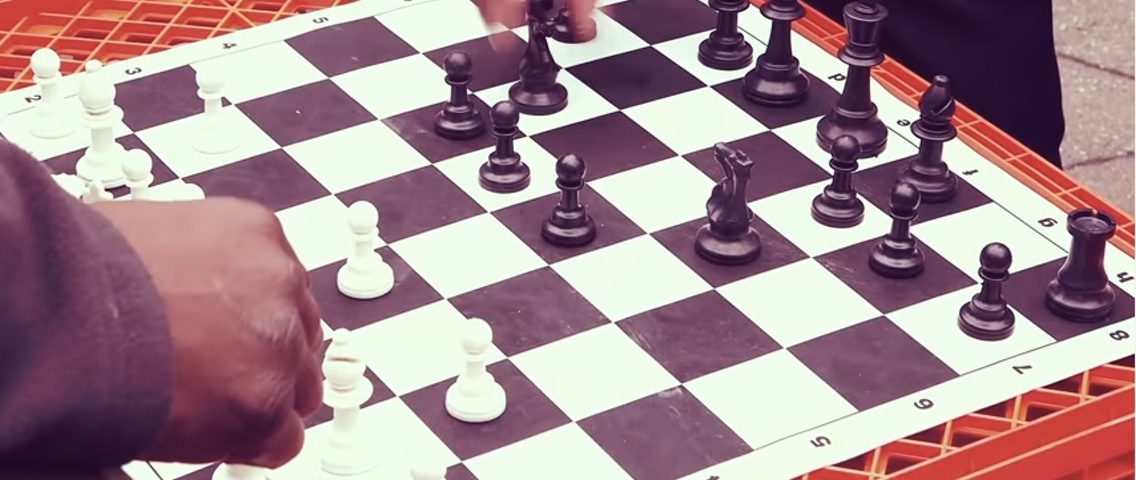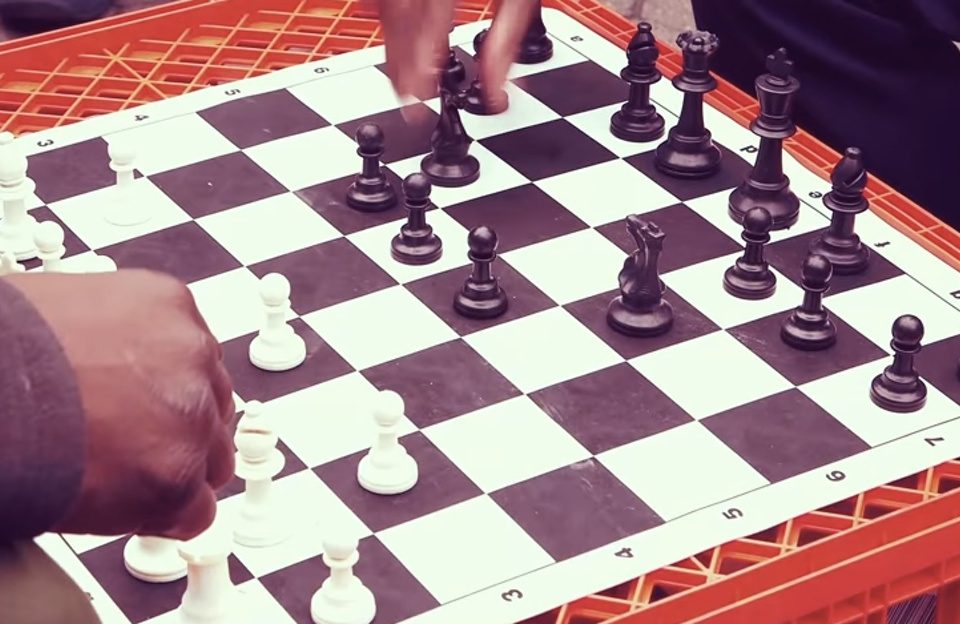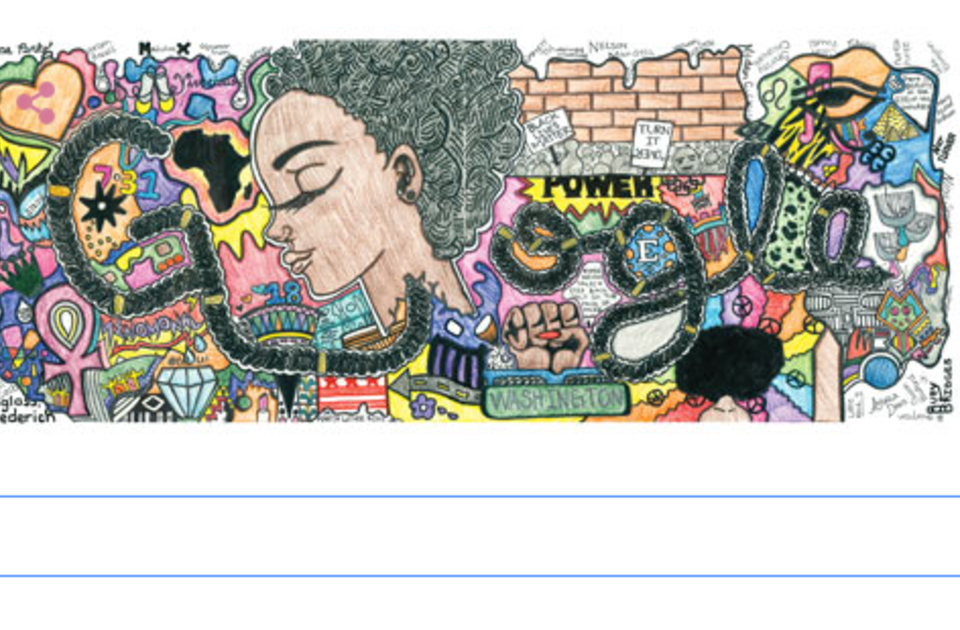Watch the first (and only!) African-American grandmaster teach life lessons through chess.

Apple iPad with Retina Display MD511LL/A (32GB, Wi-Fi, Black) 4th Generation
April 19, 2016Hasbro’s Cinematic Universe Has One Hell of a Writer’s Room
April 21, 2016Watch the first (and only!) African-American grandmaster teach life lessons through chess.

Maurice Ashley came to the United States from Jamaica when he was 12 years old. After arriving, he took to the game of chess.
As he grew older, it became a larger and larger part of his life. This led to him becoming the first (and only!) black chess grandmaster. He spends a lot of time helping young people understand and play the game, translating it to various aspects of their regular lives.
How is chess like life, you ask? (Or maybe you didn’t…) Anyway, here are some answers:
 Quotes: Fischer, Marsalis, Lasker, Tartakower.
Quotes: Fischer, Marsalis, Lasker, Tartakower.
And consider season 1, episode 3 of “The Wire,” in a classic scene where D’Angelo teaches chess pieces and moves to Bodie and Wallace, relating the game to their life experiences:

But chess can also reveal our humanity.
In the movie Searching for Bobby Fischer,” there’s a scene where the young chess prodigy Josh has beat several opponents in a tournament, leading up to his strongest competitor, who comes across as kind of robotic and unbeatable. Winning this tournament and the accompanying title is a big deal.
Eventually, when Josh sees that he will win the game after considering the moves laid out 12 deep in front of him (because you have to think many moves ahead in this game), he extends his hand to his opponent. He’s offering to share the win, and the title, with his competitor. It’s a selfless gesture, and one that shows who Josh really is as a human being. His opponent refuses, then very quickly loses the game and runs off in shame.
Josh runs off smiling into the arms of his parents.

It’s a fabulous movie, by the way. Check it out some time. GIF from “Searching for Bobby Fischer.” Full clip is here.
Back to our intrepid hero, Maurice.
He coached several teams of chess players in Harlem, including national champions The Raging Rooks and The Dark Knights. He also founded the Harlem Chess Center in 1999. He’s the author of several books and is now working as a joint fellow at Harvard University’s Berkman Center and MIT’s Media Lab to bring chess and other classic games to a wider audience.
“It can take 40 good moves to win this game, and one wrong move to lose.”
Maurice Ashley
Kinda like life, eh?




